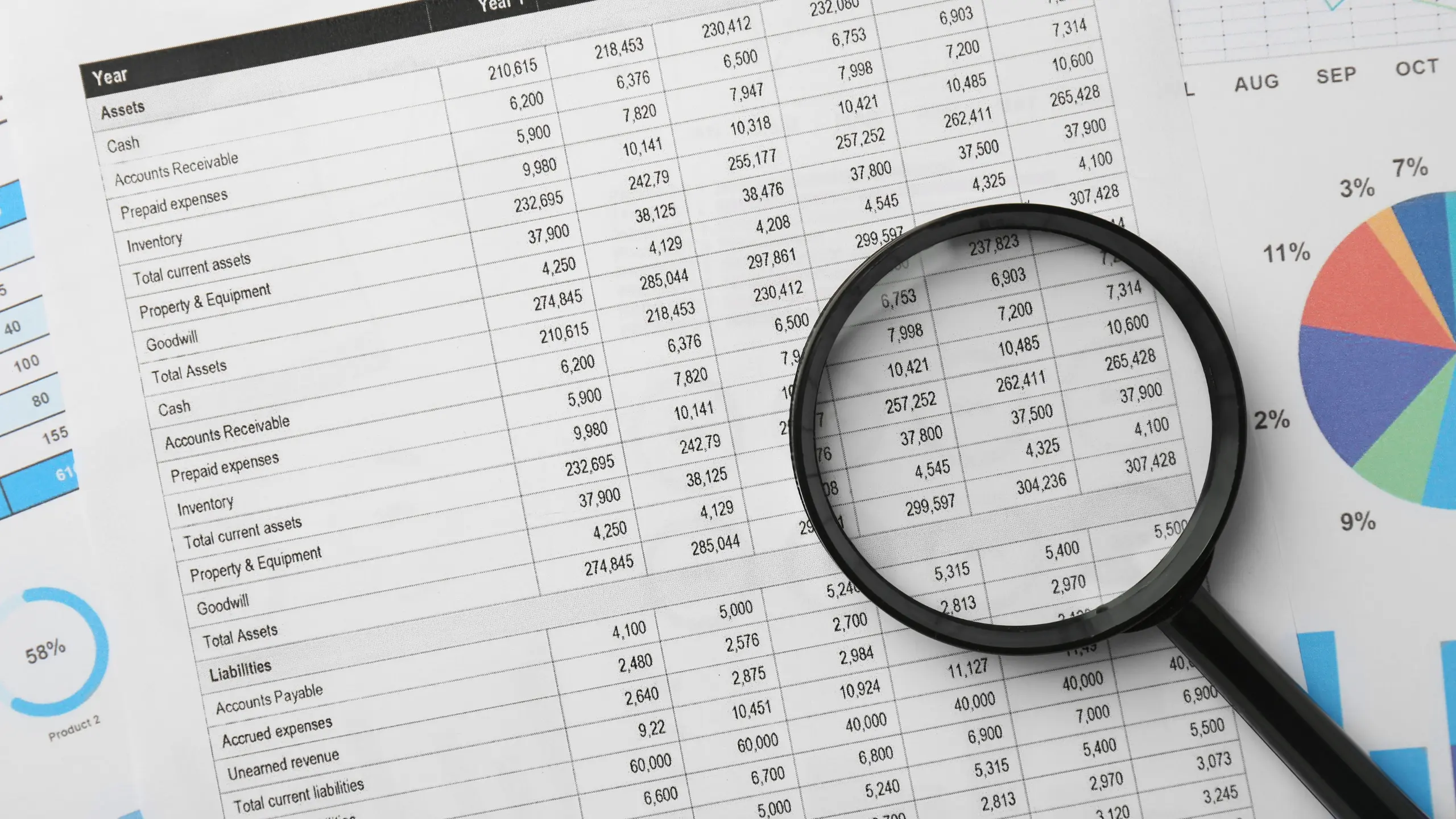What is Corporate Tax Return Filing in UAE?
Corporate Tax Return Filing in the UAE refers to the process of submitting a report to the Federal Tax Authority (FTA) by taxable person, detailing your business’s income and expenses for a specific tax period. This report helps the FTA determine your taxable income and the amount of Corporate Tax you owe. All registered taxable persons must file a corporate tax return, even if they have no taxable income or qualify for a 0% tax rate.
Who Needs to File Corporate Tax Returns in the UAE?
In the UAE, most businesses will need to file corporate tax returns. This includes:
1. Businesses and Individuals
Any entity conducting business activities under a commercial license in the UAE, including both local and foreign companies.
2. Free Zone Businesses
Generally, even free zone entities must file, although Qualifying Free Zone persons with certain benefits may have exemptions (check with the specific free zone authority).
3. Minimum Threshold
Businesses with annual taxable income exceeding AED 375,000 are subject to corporate tax and must file returns. Those below this threshold pay 0% tax but may still need to register.
A taxable person under the UAE corporate tax law is any business entity required to pay corporate tax. This includes residents (companies based in the UAE) and non-residents with a permanent establishment or deriving UAE-sourced income.
Entities Exempt from Filing
Certain entities are exempt from corporate tax returns filing in the UAE. Examples of entities that may be exempt include:
1. Public Benefit Entities
Non-profit organizations established for charitable purposes may be exempt, subject to meeting specific criteria.
2. Natural Resource Extraction
Businesses engaged solely in extracting UAE natural resources might follow Emirate-level tax decrees instead.
3. Investment Funds
Certain investment funds that meet the conditions set out in the corporate tax law.
It’s always advisable to consult with a HBCS tax professional for specific guidance on your situation, especially regarding exemptions and free zone benefits.
Deadlines for Corporate Tax Return Filing in the UAE
The UAE offers businesses a generous window to file their corporate tax returns. The general deadline falls 9 months from the end of the relevant tax period. This applies to both resident and non-resident businesses operating within the UAE.
The UAE operates under a self-assessment system for corporate tax. This means businesses are responsible for calculating, reporting, and paying their tax liability.
Let’s consider a company with a financial year ending on December 31, 2025 (tax period January 1, 2025 – December 31, 2025).
Adding 9 months to the end date (December 31, 2025) brings us to September 30, 2026.
Therefore, this company would have a deadline of September 30, 2026, to file its corporate tax return for the 2025 tax period.
Documents Required for Corporate Tax Return Filing
Filing a corporate tax return in the UAE requires the submission of specific documents which typically include:
- Copy of Trade License (valid and unexpired)
- Emirates ID copies of Owners/Partners/Shareholders
- Passport copies of Owners/Partners/Shareholders
- Memorandum of Association (MOA), if required
- Records Supporting Deductions (Receipts, invoices, and other documentation for expenses)
- Taxable Income Calculations
- Details of Depreciation and Amortization
- Loan Documents (if applicable)
- Records of Exempt Income (if applicable)
How to File Corporate Tax Returns in the UAE?
Filing corporate tax returns in the UAE involves several steps, from gathering the necessary documents to submitting the return online. Here’s a step-by-step process:
1. Ensure Tax Registration
Verify your company has a valid Tax Registration Number (TRN) issued by the Federal Tax Authority (FTA). If not registered, complete the registration process through the FTA’s online portal.
2. Gather Required Documents
Assemble the necessary documents (Company Registration Documents & Financial Documents). Ensure they are accurate, complete, and cover the relevant tax period.
3. Prepare the Tax Return
Utilize the official FTA corporate tax return forms, available online or through tax software providers. Carefully calculate your taxable income, considering all applicable deductions and exemptions as per UAE corporate tax regulations. Attach supporting documentation for claimed deductions and exemptions.
Choose the appropriate tax period for which you are filing the return. Fill in the details:
- Enter financial details, including revenue, expenses, and net profit.
- Provide information on any adjustments to income (e.g., depreciation, provisions).
- Enter details of related party transactions and any tax payments made.
4. Submit the Tax Return
Complete the declaration section, confirming that the information provided is accurate and complete. Click the ‘Submit’ button to file your corporate tax return with the FTA.
5. Confirmation and Payment
Upon successful submission, you will receive a confirmation receipt or acknowledgement from the FTA. If you have a tax liability, ensure timely payment of the corporate tax due. Payment details and deadlines will be provided on the FTA portal.
6. Maintain Records
Retain all documents used for tax return preparation for at least five years from the filing date, as the FTA may request them for audits or verification purposes.
We highly recommend, getting expert assistance from professional like HBCS Tax to ensure accurate and timely filing of corporate tax returns in the UAE.
Penalties for Late Filing of Corporate Tax Returns in UAE
Penalties for Late Filing of Corporate Tax Returns in UAE. The UAE enforces penalties for late filing of corporate tax returns. A penalty of AED 500 per month applies for the initial twelve months of delay.
After the first year, the penalty increases to a steeper AED 1,000 per month or part thereof. There’s a maximum penalty cap, but the specific amount may vary depending on official pronouncements.
These penalties are imposed to encourage timely filing and ensure tax compliance. Filing late can significantly increase your tax burden, so adhering to deadlines is crucial. The Federal Tax Authority (FTA) has the authority to waive or reduce penalties in specific circumstances. However, it’s best to avoid late filing altogether.
Corporate Tax Return Filing Service in UAE
Filing corporate tax returns is crucial for businesses in the UAE to stay compliant and avoid penalties. Given the complexity of tax regulations, seeking corporate tax return filing services in UAE is a good choice.
HBCS Tax offers top-notch corporate tax return filing services, with a team of dedicated experts ready to handle all your tax and accounting needs. Our tax consultants in Dubai will review your finances and help with tax planning and bookkeeping. Our professionals ensure that your tax returns are filed accurately and on time, helping you avoid any unnecessary fines and maintain a good standing with the authorities.
Don’t stress about filing your corporate tax returns. Contact us today to learn how we can support your business with our reliable and comprehensive tax services.
Frequently Asked Questions
1. Is it mandatory to file corporate tax returns in UAE?
Yes, filing corporate tax returns is mandatory for most businesses operating in the UAE. This includes local and foreign companies with a UAE commercial license. Individuals with a business exceeding AED 1 million annual turnover also need to file.
2. What is the deadline for filing corporate tax returns?
Businesses have nine months from the end of their tax period to submit their return and settle any corporate tax due.
3. Should free zone entities file corporate tax returns?
Generally, yes. However, Qualifying Free Zone persons with compliant activities and no UAE mainland business may be exempt. It’s recommended to check with the relevant Free Zone authority or a tax professional to confirm your specific requirements.
4. What is the corporate tax rate in the UAE?
The standard corporate tax rate in the UAE is a flat 9%. However, there’s a 0% tax rate for businesses with annual taxable profits below AED 375,000.
5. Is there a Difference Between Taxable Income and Accounting Income?
Yes, taxable income and accounting income are not the same. Accounting income reflects your company’s overall financial performance, while taxable income is calculated based on accounting income with adjustments according to UAE corporate tax regulations.





